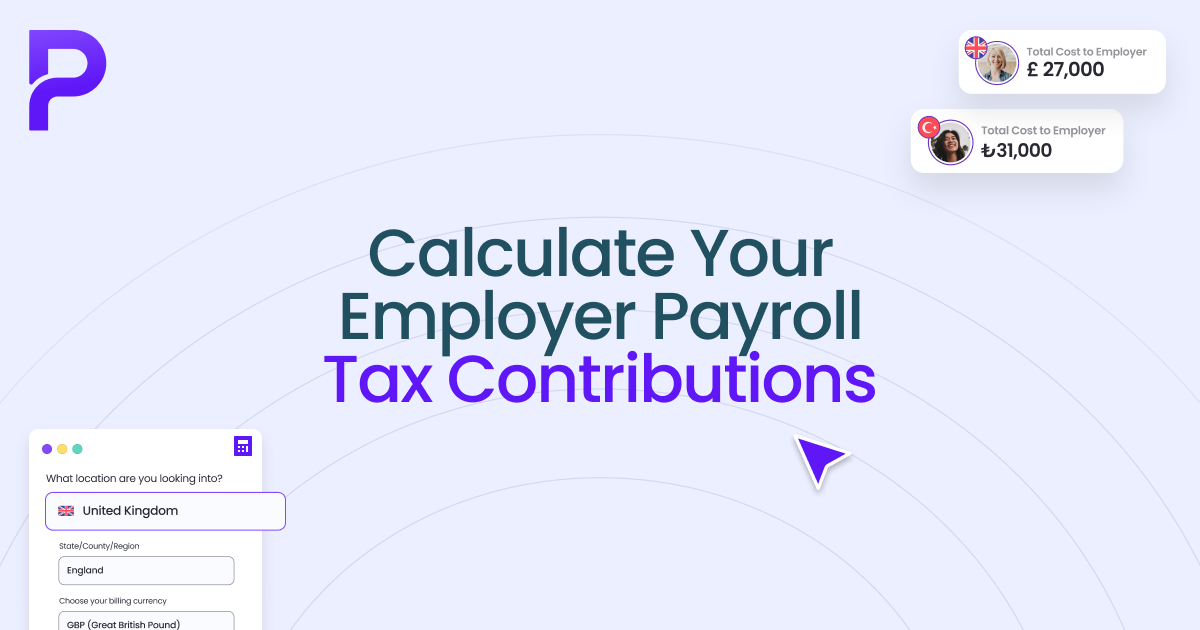Is Severance Pay Mandatory in Japan?
No, severance pay is not legally required in Japan. Under the Labor Standards Act, employers are not obligated to provide severance pay when an employee’s contract ends. However, Japanese law does require 30 days’ advance notice before termination or payment in lieu of notice equal to 30 days’ wages.
Thousands of global businesses can't be wrong.
Sign up for free and explore global hiring with Playroll.


Which Employees Qualify for Severance Pay?
In Japan, severance eligibility depends on company policy or employment agreements. Generally, severance is provided to:
- Permanent or full-time employees covered by a company’s retirement allowance system
- Employees dismissed due to company restructuring or redundancy
- Long-term employees with many years of continuous service
- In some cases, employees whose contracts are terminated without cause
What Are the Legal Timelines for Paying Severance?
Since Japan’s labor laws do not mandate severance pay, there is no statutory timeline for when it must be paid. However, for cases involving payment in lieu of notice, employers must pay the equivalent of 30 days’ wages at the time of termination.
For voluntary severance or retirement allowances, payment schedules are usually defined in company regulations or collective agreements. Many employers process these payments within the final payroll cycle or within 30 days of termination, maintaining transparency and fairness with departing employees.
What Penalties Apply if Severance Is Not Paid Correctly?
While there are no direct penalties for failing to pay severance (since it isn’t legally mandated), employers face legal risks if they:
- Fail to provide 30 days’ notice or pay in lieu of notice, which can result in claims under the Labor Standards Act
- Breach the company’s own internal severance policy, leading to employee lawsuits or arbitration
- Terminate employment unfairly or without due process, which can result in reinstatement orders or damages
In Japan, compliance failures are taken seriously, and disputes often lead to reputational harm and legal expenses—even when statutory penalties don’t apply.
Does Outsourcing Employment via an EOR Change Severance Liability?
Yes—when using an Employer of Record (EOR) in Japan, the EOR becomes the legal employer of record and is therefore responsible for handling severance obligations according to the employment contract and local law. The client company (you) is relieved of direct liability for severance or termination payments.
This means that compliance with Japan’s strict dismissal rules, notice periods, and payment timing shifts to the EOR. However, employers should ensure the EOR partner maintains transparent policies and aligns with Japanese employment norms to avoid disputes or reputational risk.
Be 100% Compliant in Offering Severance with Playroll
Managing terminations in Japan can be complex, especially when balancing cultural expectations, internal policies, and strict procedural laws. Playroll makes compliance simple by handling every step of the process—ensuring that all notice payments, voluntary severance, and payroll obligations are handled accurately and on time.
With Playroll, global employers gain peace of mind knowing that every employment termination complies fully with Japan’s Labor Standards Act. From notice pay to tax compliance, Playroll automates the details so you can focus on your business—not on legal fine print. Partner with Playroll to confidently manage your Japanese workforce while staying fully compliant with local employment laws.

Handle Terminations Smoothly and Compliantly
01
Reach out to playroll
We’ll manage compliant onboarding and offboarding for your global team.
02
Accurate Severance Pay
Our payroll experts manage severance payouts in compliance with local laws.
03
Get Hands-On Support
Employers and employees receive personalized support for any queries.
04
Stay Current With Regulations
We’ll alert you to any updates in severance pay or employment compliance.
.svg)
.svg)
.svg)



.svg)















.svg)